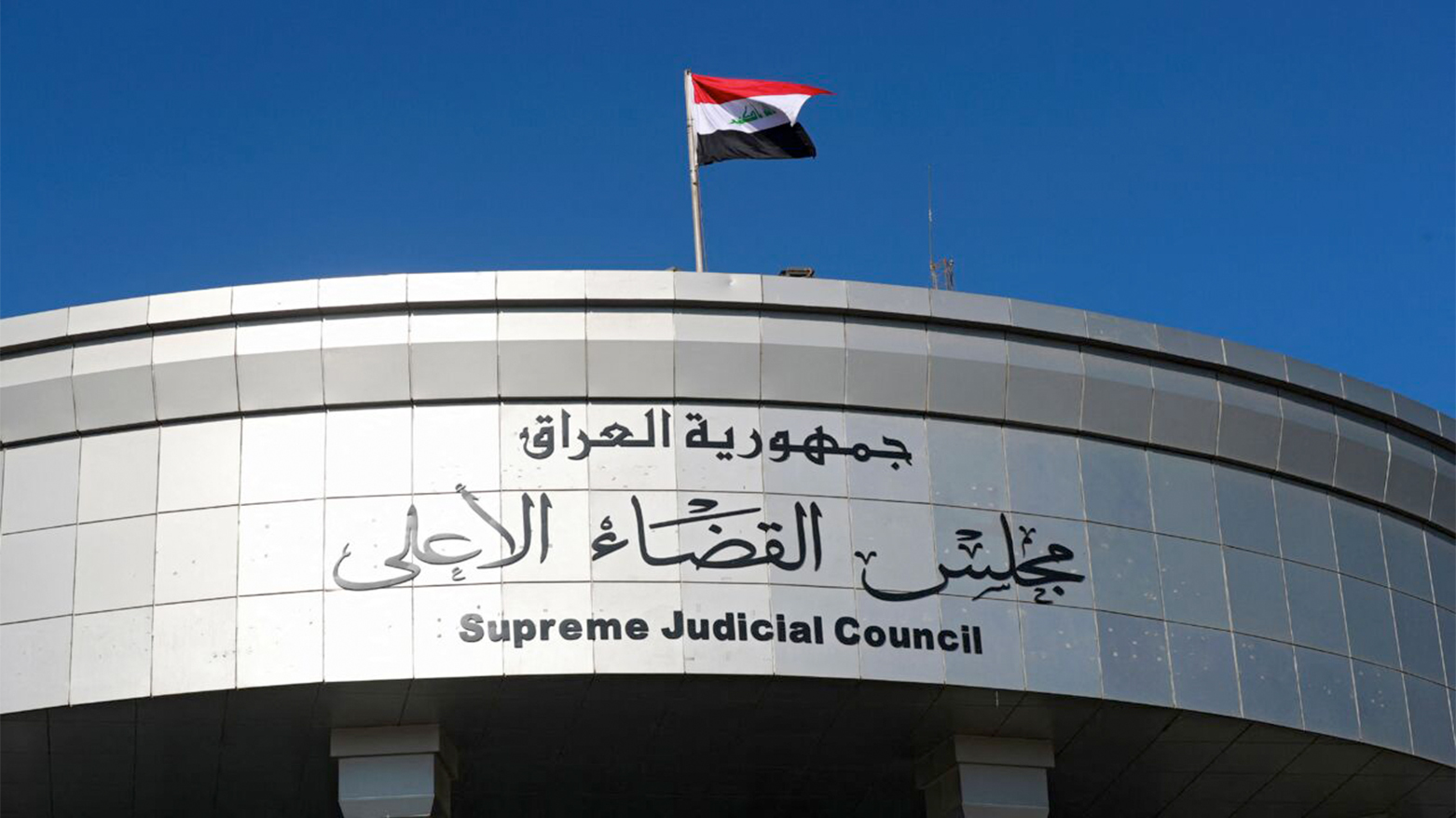Iraq’s Top Court Reinstates Iraqi Parliament Presidency’s Budget and Administrative Authority
Iraq's Federal Court restores admin and financial powers to Iraqi Parliament presidency to ensure continuity until the new government is formed.

ERBIL (Kurdistan24) – In a decisive legal development aimed at preventing an institutional vacuum during the country’s critical post-election transition, the Iraqi Federal Supreme Court issued a pivotal decision on Tuesday restoring specific authorities to the legislative leadership. On Tuesday, the Court officially announced the restoration of administrative and financial powers to the presidency of the Iraqi parliament, a mandate that will remain in effect until the parliament's new session formally commences its work.
This move is seen as a crucial step to ensure the continued functioning of the legislature's internal machinery following the recent conclusion of the parliamentary elections.
The decision marks a significant shift from a ruling issued just over a week prior, acting as a necessary legal adjustment to maintain the stability of the state's legislative body. Shakhawan Abdullah, the Deputy Speaker of the Iraqi Parliament, provided exclusive insight into the ruling in a statement to Kurdistan24.
Abdullah characterized the new directive as a necessary rectification of the judicial landscape, stating, "This comes as a correction of a previous decision by the court which had decided the end of the term of the fifth session."
His comments underscore the legal complexities Iraq faces as it transitions between the fifth and sixth parliamentary sessions, highlighting the judiciary's role in clarifying the boundaries of power during this interim period.
The restoration of powers was communicated through an official letter issued by the Federal Court, crafted specifically as a response to an inquiry from the office of the Deputy Speaker of Parliament. The correspondence explicitly outlines that the presidency of the parliament will retain full administrative and financial powers.
This authorization ensures that the parliament can continue to manage its internal affairs, pay salaries, maintain its facilities, and handle logistical operations without interruption. However, the Court drew a sharp and distinct line regarding the scope of this authority.
The letter clarifies that while administrative and financial operations may continue, the presidency of the parliament "only does not have the right to issue laws and supervise their executive power."
This distinction preserves the separation of powers and acknowledges that the legislative term has technically ended, thereby stripping the body of its ability to pass new legislation or monitor the daily activities of the government, while still allowing the institution itself to function.
The context for this judicial clarification stems from the immediate aftermath of the elections for the sixth session of parliament. Following the vote, the Federal Supreme Court had initially decided to officially terminate the work of the fifth session of the Iraqi parliament effective Monday, Nov. 17, 2025.
That earlier decision had simultaneously altered the status of the federal executive branch, changing the duties of the government to that of a "caretaker government."
The abrupt cessation of the fifth session's term had created ambiguity regarding the management of the parliament's internal affairs, necessitating today's corrective ruling to ensure that the legislative institution did not fall into administrative paralysis before the new MPs take their seats.
The judicial order also reinforced strict limitations on the executive branch during this transitional phase.
According to the decision signed by Munzir Ibrahim Hussein, the president of the Federal Supreme Court, the caretaker government and the prime minister are prohibited from taking any actions that require strategic decisions or the formulation of long-term plans.
This restriction is designed to prevent a temporary administration from binding the future government to major policy commitments or international agreements that it may not support.
In his rationale for the decision, the president of the court emphasized that the primary goal of these legal measures is to ensure the continuity of the work of the state's institutions and public services in an orderly manner.
By restoring administrative powers to the parliament's presidency while limiting the strategic reach of the caretaker government, the judiciary aims to maintain a stable, functioning state apparatus until the election of a new parliament is certified and the formation of the next government is completed.